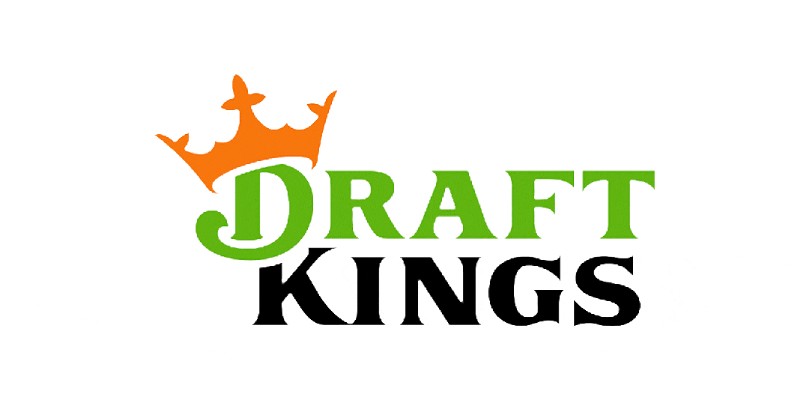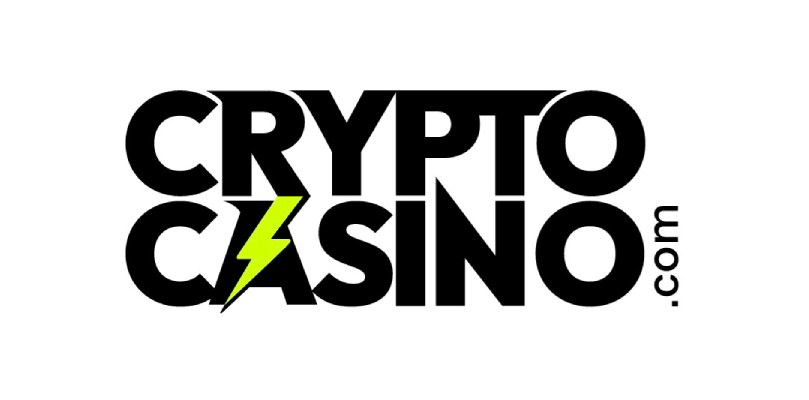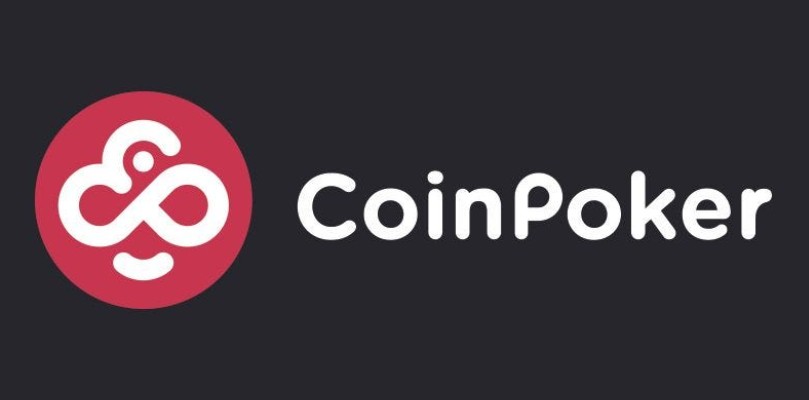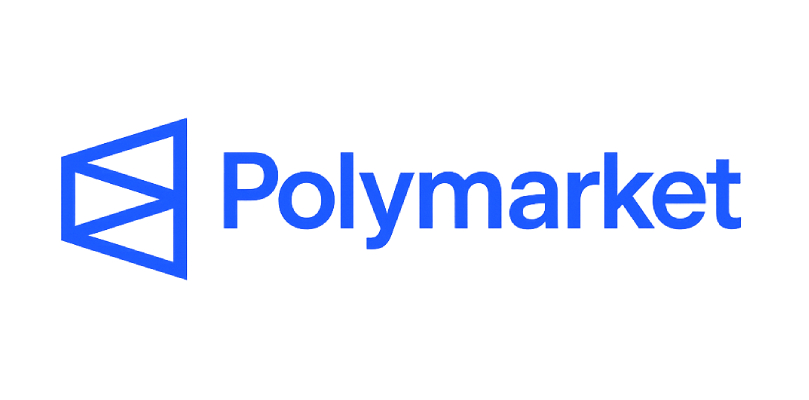The playbook for online casinos and crypto casinos in general is pretty much standard right now. But we are always on the lookout for fresh takes on the genre, and there is one that might just be a defining moment for the industry in 2026.
Monkey Tilt, a relatively new entrant into the space, is carving out a different identity in the crypto casino space, and it is doing it with a playbook that looks closer to entertainment branding than traditional gambling marketing. Instead of leading with bonuses and game lobbies, the company has focused on visibility, culture, and partnerships that stretch well beyond the screen.
A Crypto Casino Brand Players Can Instantly Recognize
Since its launch, Monkey Tilt has built a reputation as more than just another bitcoin gambling site. Backed by massive funding, the company is investing heavily in brand recognition and lifestyle appeal. The goal is not only to attract players looking for crypto casino games, but to become a name that feels embedded in the broader digital and cultural conversation.
In a crowded market where many platforms offer similar games and payment methods, this feels like a golden goose. Standing out increasingly means building a personality and presence that players remember, even when they are not actively gambling.
Using Poker as a Growth Engine
A major part of that positioning comes from Monkey Tilt’s connection to the poker world. Early on, the company aligned with PokerGO, and this elevated its exposure to a global audience of poker fans, professional players, and major tournaments.
Why? Well, poker audiences tend to overlap with bitcoin gamblers who are comfortable with digital wallets, online competition, and higher-risk, skill-based formats. Embedding itself in the poker ecosystem and relying solely on performance marketing, Monkey Tilt can tap into an audience that already understands both online play and alternative payments.
Big-Ticket Activations to Reel You In
Monkey Tilt has also stepped outside the digital casino environment with attention-grabbing real-world campaigns. Its collaboration with West Coast Customs produced the “Tilt Truck,” a custom-built mobile casino and entertainment space designed to travel to major events.
The truck debuted during Super Bowl weekend in New Orleans through a partnership with Complex, a media brand known for its influence in youth and pop culture. Visitors explored the branded space and took part in a headline vault challenge tied to a potential $1 million prize. Even without a winner, the activation generated social buzz and positioned Monkey Tilt as a crypto casino brand willing to show up in unexpected places.
Our takeaway? Maybe the next phase of growth in bitcoin casinos could be a mixture of cultural relevance and real-world presence, working alongside what happens on the reels or at the tables.








